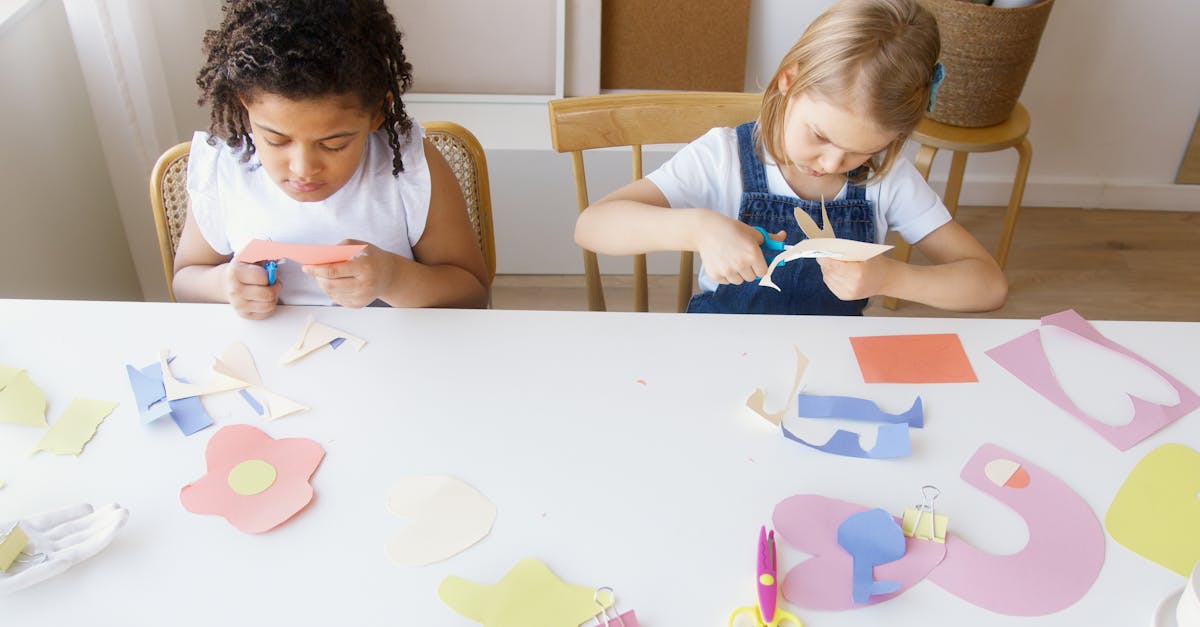Why Balanced Snacks Matter
Balanced snacks keep kids energetic and focused. Healthy snacks aid growth and brain development. Nutritional variety ensures they’re not just snacking on empty calories. Plus, balanced snacks form good eating habits early. Remember, what they munch on now affects their health later. So, balance is key for growing bodies.

Packing Nutrient-Dense Foods
Integrate fruits, veggies, proteins, and whole grains in snack boxes. Fresh fruits like apples, bananas, and grapes are perfect. Think carrots and celery sticks for veggies. Cheese, yogurt, and nuts provide protein. Whole-grain bread and crackers round it out. These offer nutrients, fiber, and sustained energy.

Include a Variety of Food Groups
Diverse snacks ensure kids get a mix of vitamins and minerals. Fruits for vitamins, veggies for antioxidants, proteins for muscle growth, and grains for energy. Try different colors and textures. For instance, mix crunchy carrot sticks with creamy hummus. A varied snack box pleases the eye and palate!

Consider Portion Sizes
Right sizes do matter. Avoid oversized portions to prevent overeating. Small portions of nuts, mini yogurt cups, and sliced fruits work best. Encourage a bunch of mini snacks, not one big one. This approach helps kids eat a balanced mix and manage hunger better.

Make It Fun and Appealing
Craft snacks into fun shapes. Use cookie cutters for fruits. Arrange snacks into smiley faces.
Involve your kids in the snack-making process. When they create their snacks, they’re likely to eat them. Colorful, fun presentations make healthy snacks attractive.

Overcoming Picky Eating Challenges
Kids can be picky about eating. It’s essential to introduce new foods gradually and patiently. One effective strategy is to pair a new item with a familiar favorite. Repeated exposure to different foods can help kids become more receptive to trying new things.
Sharing your own snack stories can also be beneficial. For instance, discuss how you didn’t like broccoli at first but grew to love it. Engaging kids with personal anecdotes about snacks can make them more open to trying unfamiliar foods.

